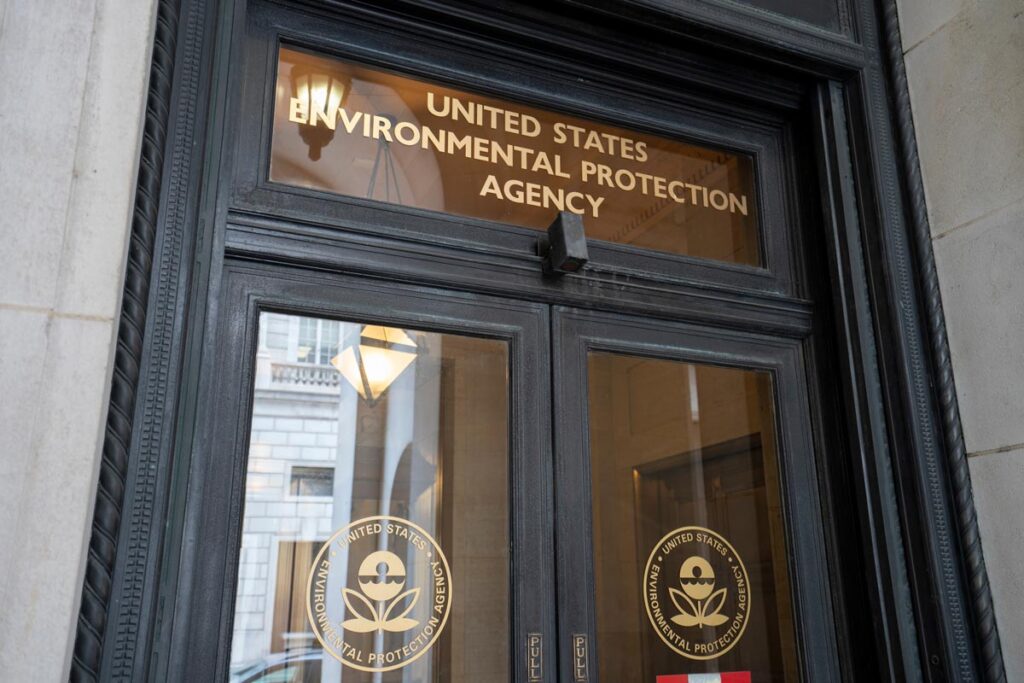Top Class Actions’s website and social media posts use affiliate links. If you make a purchase using such links, we may receive a commission, but it will not result in any additional charges to you. Please review our Affiliate Link Disclosure for more information.

EPA ban proposal overview:
- Who: The U.S. Environmental Protection Agency has proposed a ban on a chemical solvent used for brake cleaners, adhesives, and dry cleaning.
- Why: Exposure to the chemical solvent perchloroethylene may pose significant health risks such as neurotoxicity and cancer.
- Where: If approved, the proposed EPA ban will apply nationwide.
The U.S. Environmental Protection Agency has proposed a ban on most uses of a chemical solvent used for brake cleaners, adhesives, and dry cleaning because the solvent may pose significant health risks.
The proposed ban was signed by EPA Administrator Michael S. Regan on June 7. If it is approved, EPA ban will prohibit the manufacturing, processing, and distribution of perchloroethylene (PCE) for all consumer uses. It would also prohibit most commercial and industrial uses of PCE.
“EPA determined that PCE presents an unreasonable risk of injury to health due to the significant adverse health effects associated with exposure to PCE, including neurotoxicity effects from acute and chronic inhalation exposures and dermal exposures, and cancer from chronic inhalation exposures to PCE,” the proposed rule states.
Proposed EPA ban will limit workplace exposure to PCE
For industrial manufacturing and processing, the EPA is proposing a workplace chemical protection program to limit inhalation exposure to PCA and requirements to prevent skin exposure to ensure workers are protected. The EPA notes that many workplaces have already implemented programs to reduce workplace exposure.
The EPA proposes a 24-month timeframe for implementing most of the changes; however, the agency proposes a 10-year phase out for dry cleaners to give them time to transition to alternative processes.
“We know that exposure to PCE is dangerous for people’s health, and today’s rule is an important first step to keeping communities and workers safe,” said Michael Freedhoff, Assistant Administrator for the EPA’s Office of Chemical Safety and Pollution Prevention.
“We’ve proposed to ban the uses we know can’t continue safely, and we’ve made sure that stringent controls are in place to protect workers for the uses that remain.”
The proposed rule will allow the continued use of PCE in certain circumstances, such as uses that may be important for national security applications or other critical needs, the EPA says.
The EPA notes that President Biden’s 2024 budget request proposed funding for new pollution prevention grants that could potentially support small businesses like dry cleaners as they transition away from PCE.
Earlier this year, the EPA proposed a new rule to limit forever chemicals (PFAS) in drinking water.
What do you think about the proposed EPA ban on perchloroethylene? Join the discussion in the comments!
Don’t Miss Out!
Check out our list of Class Action Lawsuits and Class Action Settlements you may qualify to join!
Read About More Class Action Lawsuits & Class Action Settlements:















3 thoughts onEPA proposes ban on toxic dry cleaning, brake solvent
Please add me
add me please
please add me